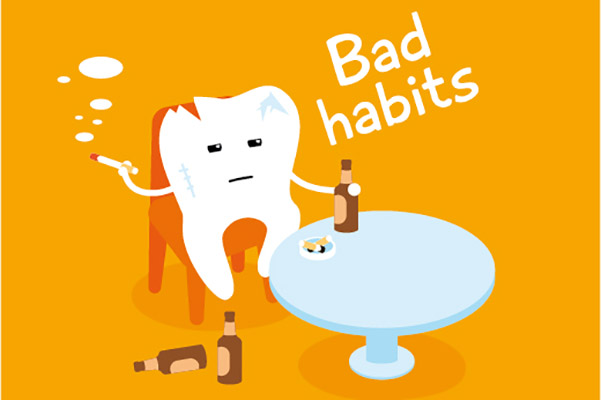 When it comes to preventive dental care, the approach is two-fold. First, it involves going to the dentist for regular checkups and performing any recommended follow-up treatment. Second, good oral health habits are crucial for keeping the body in good working order. For people living with chronic conditions such as diabetes and osteoporosis, keeping up with regular dental maintenance and care is essential to keep from developing further health complications. Explore the ways routine dental care helps protect some of the most vulnerable people from getting sicker.
When it comes to preventive dental care, the approach is two-fold. First, it involves going to the dentist for regular checkups and performing any recommended follow-up treatment. Second, good oral health habits are crucial for keeping the body in good working order. For people living with chronic conditions such as diabetes and osteoporosis, keeping up with regular dental maintenance and care is essential to keep from developing further health complications. Explore the ways routine dental care helps protect some of the most vulnerable people from getting sicker.
The effect of chronic conditions on the body
An underlying medical condition can take a real toll on the body. Depending on the condition and the organ system in which it originates, medical issues may cause disruptions in the way the entire rest of the body functions, including the mouth.
Diabetes is a chronic illness that originates in the endocrine system and impacts the way sugar is processed. This irregularity with blood sugar can cause the body to produce too much or not enough insulin. The result is a general wearing of the body as a whole. The immune system is deficient in diabetics and infections pose more of a threat because the body is unable to heal as quickly. Dental infections can likewise require more aggressive and comprehensive treatment in diabetics than in those without the disease.
Preventive dental care basics
Oral health worsens in the face of chronic illnesses such as diabetes and osteoporosis. Taking care of the mouth is about more than securing a nice smile. The main objective is to preserve the teeth and clear out harmful bacteria that may lead to or exacerbate other harmful health conditions. There are many steps a person can take to ensure harmful invaders cannot create further issues inside the body.
Home dental care
The first step in preventing dental issues is establishing and sticking to a dental hygiene routine at home. Brushing teeth is essential to maintaining good oral health. When sugar is eaten, it settles on the teeth. Its stickiness makes it the ideal landing spot for bacteria. If the teeth are not cleaned properly, the bacteria begin to burrow into the enamel. Cavities and other more serious dental conditions can result. WebMD recommends brushing teeth twice a day at minimum to cut down on this process. Flossing should be performed at least one time a day.
Check out what others are saying about our dental services on Yelp: Preventative Dental Care in Kennewick, WA.
Undergoing professional cleanings
Annual checkups with the dentist are another essential part of preventative care. For those with a chronic illness, these checkups are an opportunity to find out if there is anything amiss. With the help of X-rays, the dentist can see below the surface. The practitioner can check the status of the gums and make sure that any issues are addressed properly. These visits also include a thorough cleaning and any readjustment and coaching of at-home dental hygiene practices.
Conclusion
Those with health issues are not the only ones who should be practicing preventive dental care. When the mouth is healthy, not only does confidence get a boost, but so does the body's health.
Request an appointment or call Gledhill Dental at 509-800-8410 for an appointment in our Kennewick office.
Related Posts
Teeth whitening treatments are an effective way to improve the color of your teeth significantly. These treatments consist of using chemicals with bleaching properties like hydrogen carbamide or hydrogen peroxide to remove stains from the inner and outer layers of teeth.The types of stains teeth whitening treatments are effective on include the yellow stains teeth…
Having a firm understanding of oral hygiene basics can prevent tooth decay, gum disease, and general oral discomfort. Human beings go through life developing a range of habits that impact oral health, some of which are good and some of which are bad. Avoiding these damaging behaviors promotes strong teeth and gums that can last…
Teeth whitening treatments can get you noticeably whiter teeth in less than an hour. They are one of the most popular cosmetic treatments and involve using compounds with bleaching properties like hydrogen carbamide or hydrogen peroxide to take off stains from the outer and inner layers of your teeth.There are numerous ways to go about…


